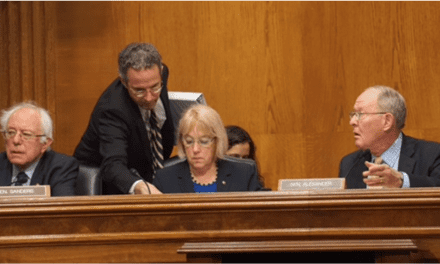New training program, developed by a UWA researcher, teaches audiologists to deliver mental health support
A new training program—AIMER (ask, inform, manage, encourage, refer)—recently launched as a result of research conducted at The University of Western Australia (UWA), the Ear Science Institute Australia, and other collaborators across the country, reportedly aims to empower clinical audiologists to deliver mental health support to adults with hearing loss.

“Many participants described a lack of effective coping strategies and tended to rely on avoidance of social interaction, deepening their isolation and loneliness,” commented Adjunct Senior Research Fellow, Bec Bennett, AuD, PhD, at UWA.
According to Bennett’s research—published in the International Journal of Audiology—it was found that the emotional impacts of hearing loss could be far-reaching, encompassing distress, frustration, embarrassment, inferiority, shame, rejection and loneliness.
“While some people have developed ways to cope with these feelings, most said they had not found anything practical,” Bennett explained. “Many participants described a lack of effective coping strategies and tended to rely on avoidance of social interaction, deepening their isolation and loneliness. It was also clear that many people with hearing loss expected their audiologist to discuss and provide support when these feelings are associated with their hearing loss.”
Bennett explained that AIMER was developed to support audiologists with providing social and emotional well-being support in conjunction with their regular clinical care, which is now part of the service provided by Lions Hearing Clinic audiologists.
It was reportedly tested over several months in Lions Hearing Clinics where clinicians measured and observed how often social and emotional wellbeing was raised in appointments and how often they provided mental wellbeing support, including referrals to other specialists.
Lions Hearing Clinic audiologist and Clinic Manager, Holly Menegola, shared that the program put clients at the center of their care experience.
“Important discussions about wellbeing are now part of every appointment with a Lions Hearing Clinic audiologist,” Menegola commented. “This is important because hearing loss not only affects our ability to hear, but also to connect with the world around us.”
To read more about Bennett’s research, visit the UWA website.
Source: The University of Western Australia
Images: The University of Western Australia; Photo 29162305 © Alexander Raths | Dreamstime.com





